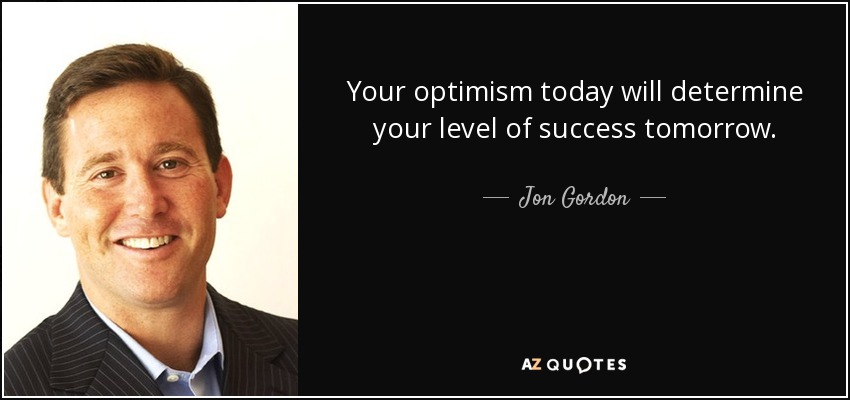Perhaps in a twist of irony amid COVID-19 and the Coronavirus Pandemic, March is National Optimism Month. Research gives us plenty of reasons to try to create some positive energy for ourselves. Optimism brings greater success, better emotional and physical health, more happiness, and less stress.
At the same time, being pessimistic may lead to higher levels of stress by introducing high levels of cortisol and other hormones into the bloodstream. In general, it is a good idea to remain positive in the face of health challenges, as you are more likely to exercise good self-care, attract positive people into your life, and enjoy the mental health benefits of social support.
So, it’s time to start practicing how to be more optimistic today. To help, I’d like to turn to Helen Keller’s 1903 Essay entitled Optimism. Helen Keller had every reason not to be an optimist. Yet, she was the first deaf-blind person to earn a Bachelor of Arts degree and became an American author, political activist, and lecturer. The story of Keller and her teacher, Anne Sullivan, was made famous by Keller’s autobiography, The Story of My Life, and its adaptations for film and stage, The Miracle Worker.
Click here to learn Optimism from Helen Keller


